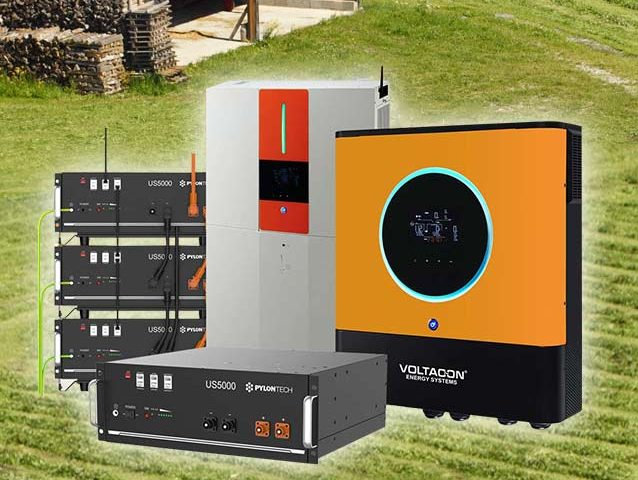0% VAT on All Lithium Ion, Lead Acid Batteries and Energy Storage Systems – Starting 1st of February 2024

Explaining the operation of ESS Hybrid Energy Storage 5.5kW
October 25, 2023
The Fire Safety Rapid Shut Down Switch for Solar Panels
January 24, 2024Which type of Energy Storage Systems are included ?
1. Battery storage installed in parallel with Solar PV (existing systems)Maximizing Renewable Investment: Combining energy storage with solar panels allows residents to maximize their investment in renewable energy.
Optimizing Energy Consumption: Energy storage systems enable homeowners to optimize their energy consumption by storing excess energy when it’s abundant and using it during times of low solar production or high energy demand.
Energy Independence: Residents with solar and storage systems become more energy-independent. They can rely on their stored energy during grid outages or during times when grid electricity is expensive.
Reducing Strain on the Grid: By storing excess solar energy and using it during peak demand periods, homeowners contribute to reducing the strain on the grid
Environmental Benefits: The combined use of solar and energy storage reduces reliance on traditional fossil fuels, contributing to lower carbon emissions.
Promoting Grid Stability: Homes with solar and storage can potentially contribute to grid stability by participating in demand response programs.
2. New standalone energy storage including off-grid
Projects in which a battery is fitted without supporting solar. In these scenarios, resident(s) can make use of smart tariffs to charge their battery cheaply overnight. (When the cleanest and lowest-cost energy is flowing through the wires.) They can then discharge the stored energy in their battery during peak hours. Doing so helps ease pressure on the grid when it’s most under strain, reduces the burning of fossil fuels, and saves the billpayer money to boot.
3. New retrofit batteries
Projects in which a battery is retrofitted to an existing solar array. By adding a storage battery, the billpayer can save the sun’s energy to run on solar morning, noon, and night. They can then make bigger energy bill savings, bigger home carbon reductions, and get better control over their energy usage. All of which, once more, helps contribute to a cleaner and more controllable grid.
This is finally what we call ” Power Independence ” the Director of Voltacon Stefanos Kandilidis commented :
It’s indeed a positive development that the government has extended tax relief on battery storage systems in the UK. The decision reflects a commitment to reducing carbon emissions and promoting sustainable energy solutions. By providing financial incentives for homeowners to invest in energy storage, the government is not only encouraging the adoption of cleaner technologies but also contributing to a more sustainable approach to power consumption.
Acknowledging the role of energy storage in achieving net-zero goals and alleviating strain on grid infrastructure is crucial. The extended VAT relief is seen as a significant and overdue step in the right direction.
The anticipated ripple effect across the entire supply chain, as mentioned, is an important aspect. With VAT relief, installers can offer more competitive pricing, potentially leading to increased demand for energy storage solutions. This, in turn, could drive technological advancements and create job opportunities within the energy storage sector.
Overall, these measures not only benefit individual households by promoting energy self-sufficiency but also contribute to the broader goals of sustainability and environmental responsibility. It will be interesting to see how this policy change influences the growth and development of the energy storage industry in the UK.

